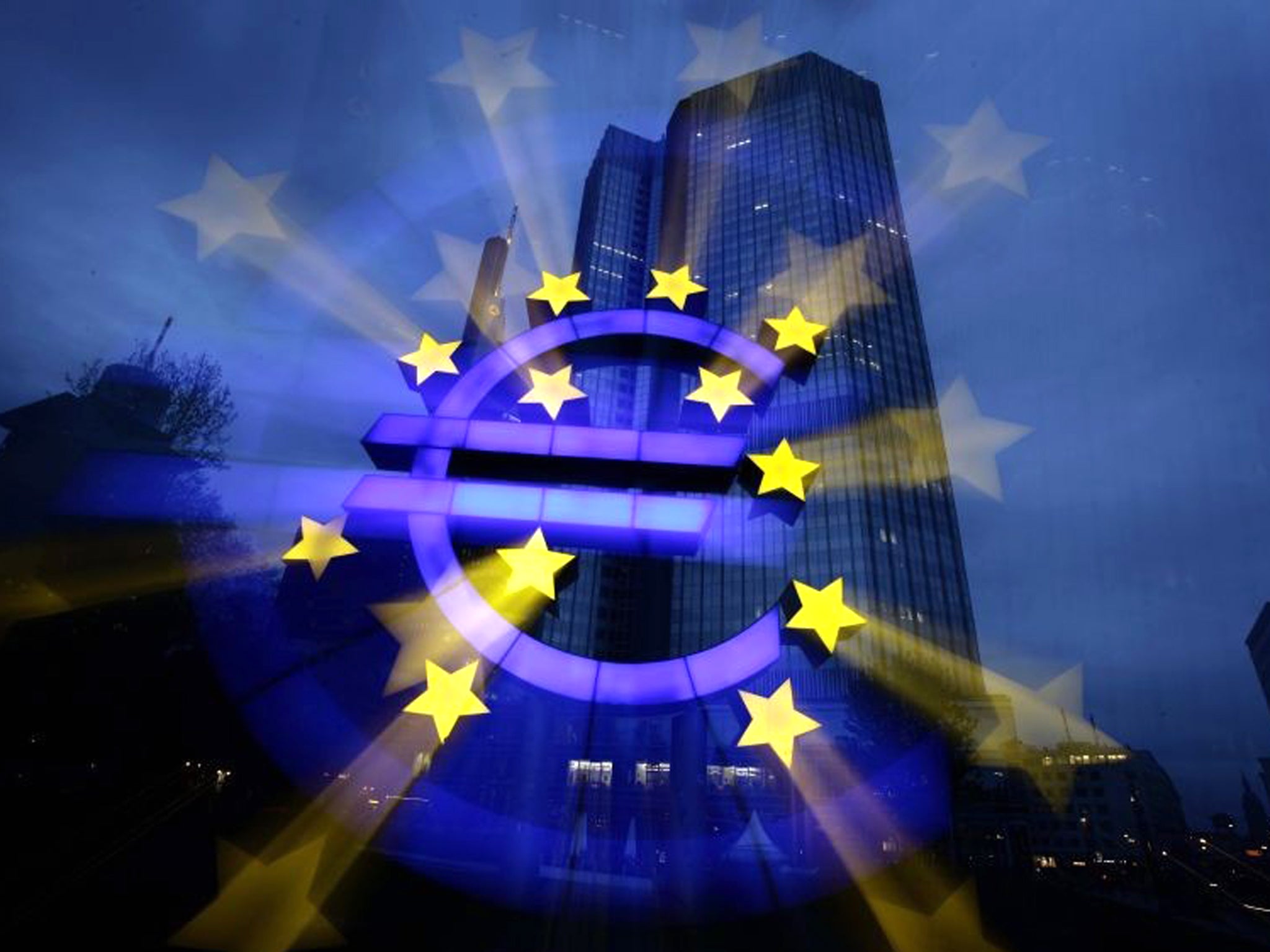David Cameron warns support for EU is 'wafer-thin'

Support within Britain for membership of the European Union has become “wafer-thin”, David Cameron warned the leaders of France and Germany before talks this week in Paris and Berlin.
The French President, François Hollande, and the German Chancellor, Angela Merkel, have cast doubt on his call for a fresh treaty to set the EU’s future direction in the face of pressure from Eurosceptic MPs.
The Prime Minister has promised to stage an in-out referendum by the end of 2017 if the Tories win the next election. Under his plan, the vote would be held on a new EU treaty under which Britain had repatriated some powers from Brussels.
However, his proposals have received a muted response from other European governments more preoccupied with dealing with the eurozone crisis.
Mr Cameron will attempt to win support for his stance during talks in Madrid with the Spanish Prime Minister, Mariano Rajoy, today before travelling to Paris for a working dinner with Mr Hollande. He will meet Ms Merkel later this week.
In interviews ahead of his meetings, he said he was sure there would have to be a treaty change. He said three treaties had been put forward since he became Prime Minister. “I’m absolutely convinced that there will be the need to reopen at some stage these treaties, not least to solve the problem of the eurozone,” he said.
“We are a major European power, a major European player. But do we think that the European Union has sometimes overreached itself with directives and interventions and interferences? Yes, it has. And that needs to change.”
Mr Cameron said he believed that the best outcome would be for Britain to remain in a reformed EU, but warned that feelings were running high on the subject.
“We need to recognise that consent for Britain’s membership of the European Union, and all the ways that it’s changed, has become wafer-thin in Britain. And politicians, if they do their job properly, have to recognise this fact.
“The agenda of the speech is change that all of Europe can benefit from. It is a more competitive, open, flexible Europe for all countries of Europe. This is not about cherry-picking, but to argue as some do that you can’t have a flexible Europe is wrong. We have a flexible Europe.
“Britain is not in the single currency; neither are many other countries. Not all of us are members of Schengen... we don’t all have to do the same things in the same way at the same time.”
Join our commenting forum
Join thought-provoking conversations, follow other Independent readers and see their replies
Comments
Bookmark popover
Removed from bookmarks